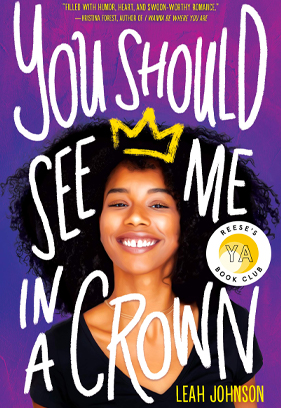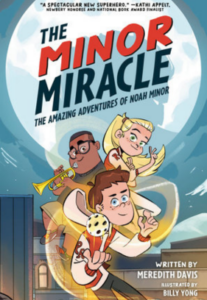When Liz receives news that she hasn’t been selected for a music scholarship, she panics, worrying that her grandparents will sell their house in order to pay for her tuition. However, her younger brother, Robbie, suggests that Liz run for Prom Queen at their high school since the winner is awarded a scholarship.
Liz is hesitant because as a poor, black girl, she just doesn’t feel like she fits the “Prom Queen” bill.
But, then again, she doesn’t have much of a choice. Her dream is to get her undergraduate degree at Pennington (the school her mom went to) and then move on to medical school so she can develop a cure for sickle cell anemia—the disease that killed her mom and that Robbie inherited. And she can only do that if she secures the funds to go to Pennington.
During her run for queen, Liz has a few advantages. She’s the top of her class, which accounts for a small portion of who will end up on prom court, and she has friends who are ready to strategize, campaign and completely redesign Liz’s public image.
But as a shy, relatively unknown student, Liz must put herself into situations that require her to be outgoing, friendly and happy. She’ll have to battle her anxiety and make herself known when all she wants to do is sink back into non-existent bliss.
Throughout the process, she makes new friends, rediscovers old ones and even loses a few. She also manages to find love in Mack, a new girl at their school also running for queen.
However, if Liz really wants to win that scholarship, she’ll have to do more than put on a temporary farce to win the approval of her classmates. She’ll need to take a stand against those prejudiced against her, fight through some family trauma and learn how to be confident in her own skin, as a queen would be.











